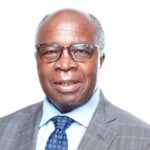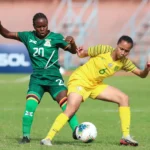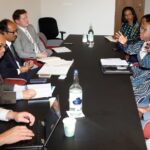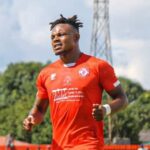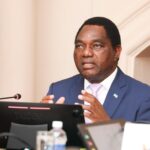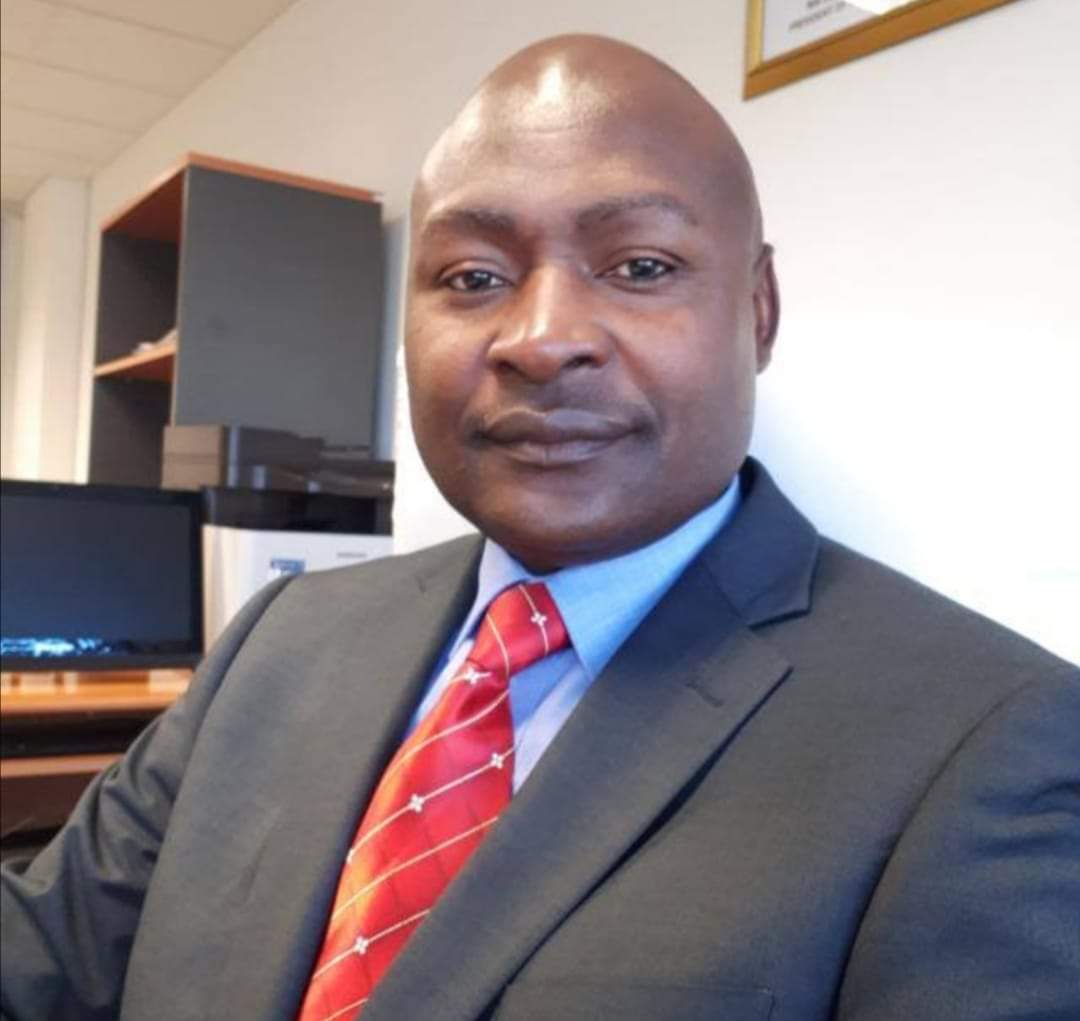Father Frank Bwalya is a notable figure in Zambia, recognized for his dual role as a priest and a political activist. His journey has been marked by a commitment to social justice, advocacy for democracy, and service to his community. Here are 20 key points that encapsulate his life and work:
- Background and Education: Born on September 30, 1968, in Zambia, Father Bwalya pursued his education in theology and social sciences, equipping him for both his pastoral and activist roles.
- Priestly Ordination: He was ordained as a Catholic priest in 1994, dedicating his life to serving God and the community through various church missions.
- Role in the Church: Father Bwalya has served in various capacities within the Catholic Church, advocating for the church’s teachings on social justice, peace, and community development.
- Political Activism: He gained prominence as a political activist, particularly during Zambia’s political transitions in the 2000s, advocating for good governance and accountability.
- Founder of the Alliance for a Better Zambia: In 2010, Father Bwalya founded the Alliance for a Better Zambia (ABZ), a political party aimed at addressing socio-economic challenges in the country.
- Zambian Politics: Father Bwalya has been vocal about the need for political reform and has participated in various political campaigns, focusing on issues such as corruption and human rights.
- Advocacy for Human Rights: He has consistently championed human rights, speaking out against abuses and promoting the dignity of all Zambians.
- Media Presence: Father Bwalya is known for his articulate speeches and media presence, using various platforms to communicate his messages and engage with the public.
- Controversial Figure: His activism has sometimes placed him at odds with the government, leading to controversy and debates over the role of religious leaders in politics.
- Community Development: Beyond politics, Father Bwalya is committed to community development initiatives, focusing on education, health, and poverty alleviation.
- Social Media Influence: He utilizes social media to reach a broader audience, sharing insights on political developments and advocating for citizen engagement.
- Critique of Corruption: Father Bwalya has been a staunch critic of corruption within the Zambian government, calling for transparency and accountability from public officials.
- Public Speaker: He is a sought-after public speaker, addressing various forums on democracy, governance, and social justice, both locally and internationally.
- Support for Women’s Rights: Father Bwalya advocates for gender equality and women’s rights, emphasizing the importance of women’s participation in politics and decision-making processes.
- Interfaith Dialogue: He promotes interfaith dialogue, believing in the power of collaboration among different religious groups to foster peace and understanding.
- Author and Commentator: Father Bwalya has contributed articles and commentary on political and social issues, providing his perspective on the evolving Zambian landscape.
- Involvement in National Issues: He actively participates in national discussions concerning elections, governance, and civil rights, emphasizing the need for civic responsibility.
- Challenges and Resilience: Father Bwalya has faced numerous challenges in his activism, including threats to his safety, yet he remains committed to his cause.
- Recognition and Awards: His efforts have earned him recognition both nationally and internationally, highlighting his contributions to social justice and political activism.
- Legacy and Future: As a priest and activist, Father Frank Bwalya’s legacy is one of courage and commitment to the betterment of Zambian society. His ongoing work continues to inspire many young Zambians to engage in social and political issues.
Father Frank Bwalya embodies the spirit of service and activism, navigating the complex intersections of faith and politics in his quest for justice and equality in Zambia.

